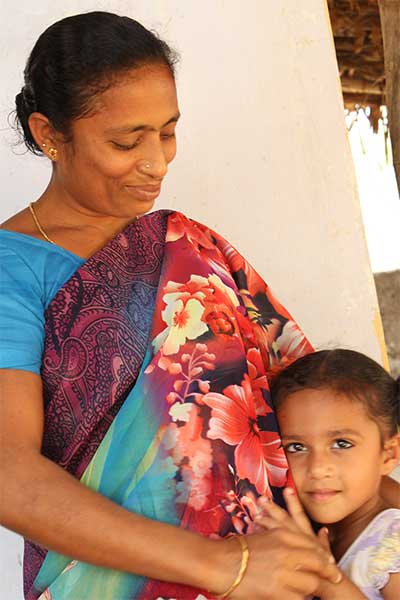
Aisha’s mother Susheela grew up in poverty, and had to leave school as a child to take care of her younger sisters. Susheela left home when she married, but her husband died when Aisha was just two years old. Facing destitution, the family moved back with Susheela’s parents, who could barely make ends meet themselves.
TB is a disease of poverty and Susheela is now suffering from TB for she felt ashamed to tell anyone about her illness due to stigma. But a local community health worker trained by TB Alert’s project TB Advocacy Programme (TAP) is supporting her through her treatment, and Susheela now talks openly about her TB.
To prevent Aisha from catching TB from hermother, she is being given a form of preventive treatment. Because a good diet and strong immune system are key to the treatment’s success, workers from TAP had campaigned at state level for children receiving such treatment to be given a double ration of the nutritional supplement provided to all children under six.
The ‘double ration’ was approved by the state government in 2012 – meaning that now twice a week Susheela receives plenty of rice, dhal, oil and eggs to help keep Aisha well.
“In our economic situation, we wouldn’t have been able to give her this much food to cope with her medicine. This has made her healthier and more energetic,” says a smiling Susheela.

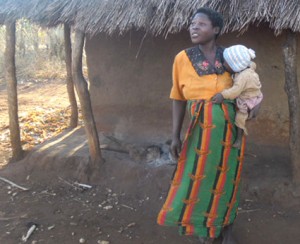 If you met Selina Phiri today, you’d find it hard to believe that just three years ago, this young woman’s life was completely shattered. Happily married with two healthy children, she spends her days tending the maize and pumpkins in her field in a small village in Zambia’s Eastern Province.
If you met Selina Phiri today, you’d find it hard to believe that just three years ago, this young woman’s life was completely shattered. Happily married with two healthy children, she spends her days tending the maize and pumpkins in her field in a small village in Zambia’s Eastern Province.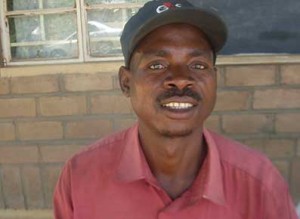 When Malawian farmer Medson Sakala was diagnosed with TB just two years after finding out he was HIV positive, he faced widespread stigma and discrimination.
When Malawian farmer Medson Sakala was diagnosed with TB just two years after finding out he was HIV positive, he faced widespread stigma and discrimination.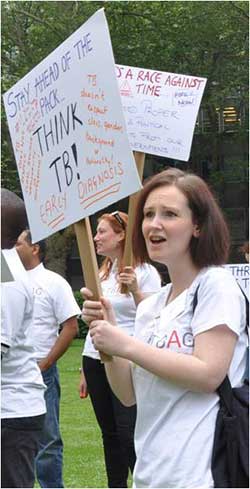
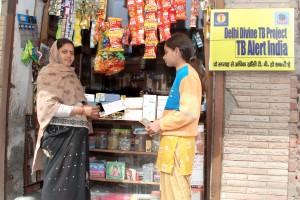 Staff from the Delhi DIVINE Project met Urmila, who owns a small shop in the Nathupura District of Delhi, while carrying out a survey to assess the local TB situation. Urmila helped them to get information about the area and introduced them to local members of the local community. This inspired Urmila to become a project volunteer and TB Alert India supported her to enrol for training under the national TB programme.
Staff from the Delhi DIVINE Project met Urmila, who owns a small shop in the Nathupura District of Delhi, while carrying out a survey to assess the local TB situation. Urmila helped them to get information about the area and introduced them to local members of the local community. This inspired Urmila to become a project volunteer and TB Alert India supported her to enrol for training under the national TB programme.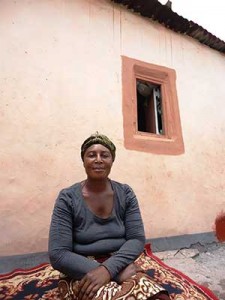 Jennifer Mwale, 46, is a traditional healer in the Chibuluma township of the Kitwe District, Zambia. She lives with her husband, a farmer, and five children that range in age from five to 21.
Jennifer Mwale, 46, is a traditional healer in the Chibuluma township of the Kitwe District, Zambia. She lives with her husband, a farmer, and five children that range in age from five to 21.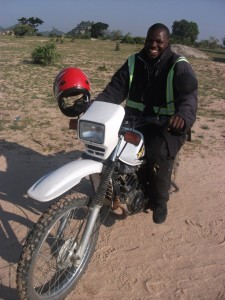 As Murambinda’s TB Clerk, Emmanuel understands the devastating consequences of failing to complete treatment. When he noticed that Jonah, a patient under Murambindia’s care, had not been to his local clinic to collect his medication, Emmanuel decided to pay him a visit. It took a while for him to track down Jonah, who was a roving cattle herder.
As Murambinda’s TB Clerk, Emmanuel understands the devastating consequences of failing to complete treatment. When he noticed that Jonah, a patient under Murambindia’s care, had not been to his local clinic to collect his medication, Emmanuel decided to pay him a visit. It took a while for him to track down Jonah, who was a roving cattle herder.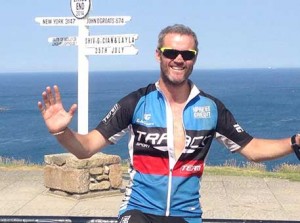
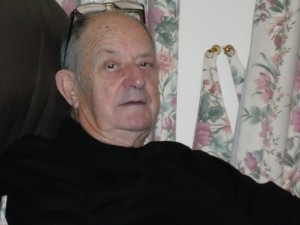 James’s experience of tuberculosis treatment is still fresh in his mind and his emotions – 60 years on from being diagnosed with pulmonary TB in December 1952.
James’s experience of tuberculosis treatment is still fresh in his mind and his emotions – 60 years on from being diagnosed with pulmonary TB in December 1952.